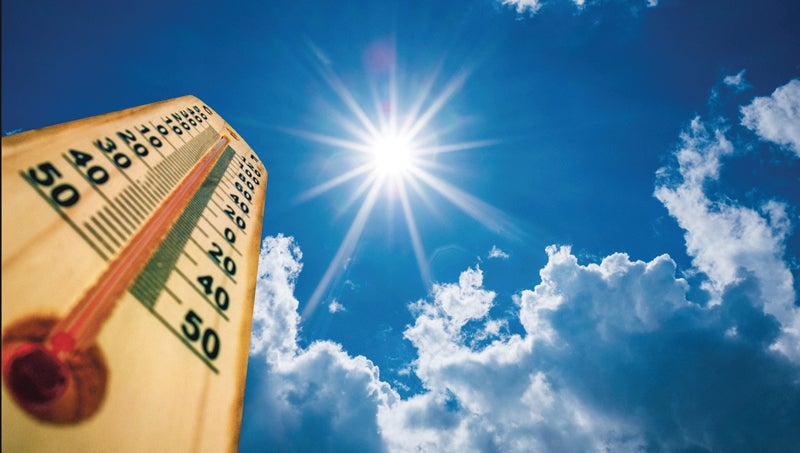Watch out for heat-related illnesses
Published 7:49 pm Thursday, May 23, 2019
Looking at the seven-day forecast for Beaufort County, it’s going to be a scorcher this coming week. With highs in the upper 90s and even approaching the triple-digit mark, the heat may get intense before all is said and done next week.
Couple the forecasted temperatures with the outdoor activities that come with Memorial Day, and the potential for heat-related illnesses will be higher than usual. As such, we recommend our readers take the proper precautions this coming week to beat the heat. Among the most common heat-related illnesses are heat exhaustion and heat stroke. Knowing the signs and symptoms of these two conditions, as well as the proper first aid for both, can help save a life.
HEAT EXHAUSTION
Heat exhaustion occurs when the body loses too much water and salt, usually through excessive sweating. According to the Centers for Disease Control, symptoms include headache, nausea, dizziness, weakness, irritability, thirst, heavy sweating, elevated body temperature and decreased urine output.
As for first aid to treat heat exhaustion, it’s mostly common sense. One should remove the person from a hot area and encourage them to take frequent sips of cool water. Remove unnecessary clothing, including shoes and socks, and cool the person with a cold compress or cold water. The CDC recommends seeking medical attention if the person is throwing up, if the symptoms worsen or last longer than one hour.
HEAT STROKE
The more serious of the two, heat stroke can be fatal if not treated. When a person is suffering from heat stroke, their core body temperature rises rapidly, the sweating mechanism fails and the body is unable to cool down. Symptoms include confusion, slurred speech, loss of consciousness, hot, dry skin or heavy sweating, seizures and a very high body temperature.
If you suspect a person is suffering from heat stroke, the CDC recommends calling 911 immediately, then moving the person to a cool area, cooling the person quickly with cold water and placing wet cloths or ice on the neck, armpit and groin.
PREVENTION IS KEY
As with any illness, preventing heat-related illnesses in the first place is preferable to having to respond to them later. Taking steps such as staying hydrated, minimizing sun exposure and taking it easy during the hottest parts of the day can make a difference. Likewise, be sure to never leave people or animals in parked cars.
However you choose to spend your Memorial Day weekend, make sure you do so safely, especially if you choose to get out in the heat.





